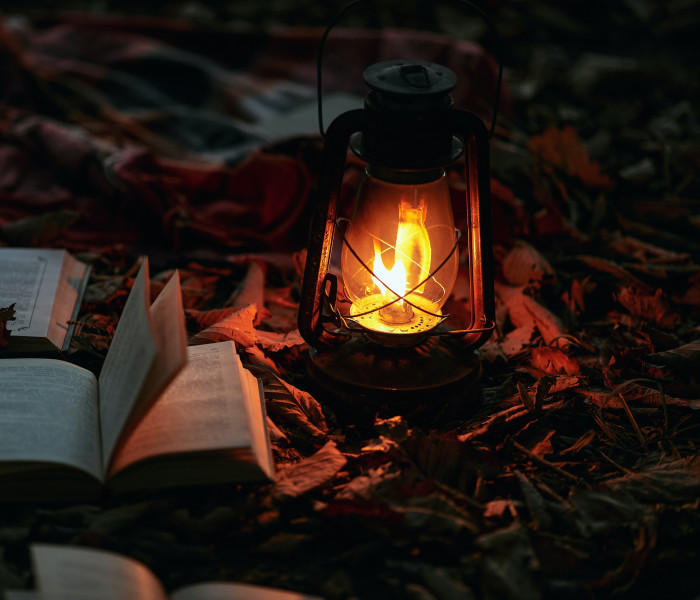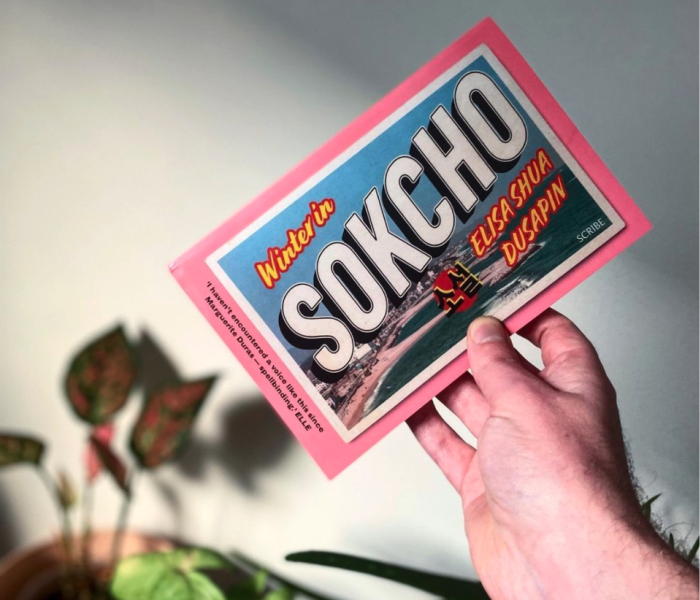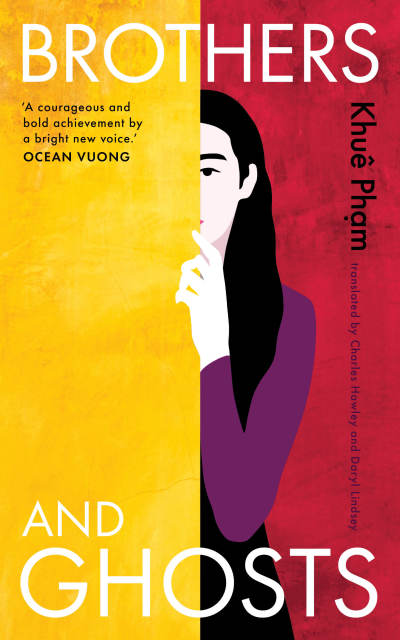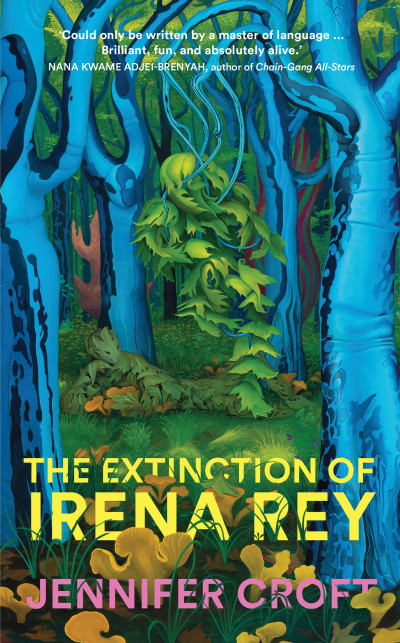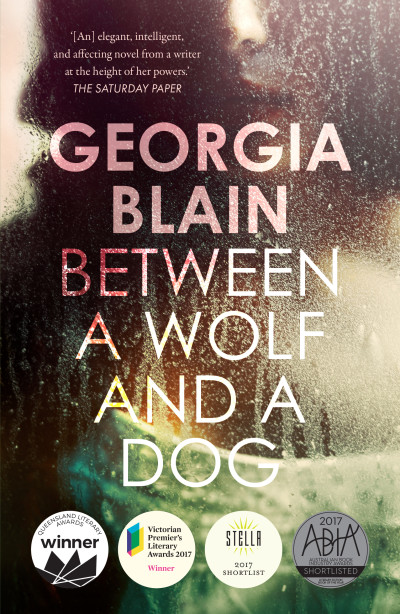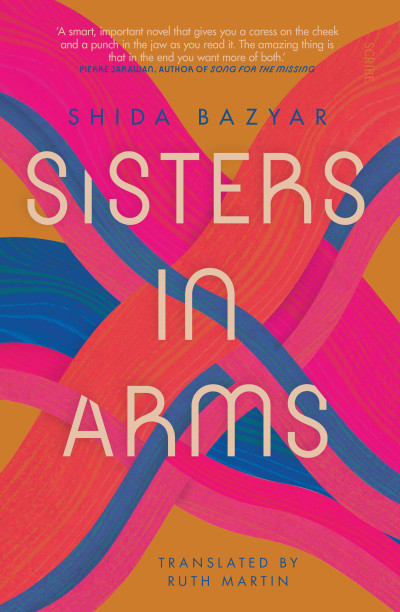‘Ably translated from the German by Jen Calleja, Raphaela Edelbauer’s impressive debut novel is a subtle allegory of historical memory and collective guilt, combining a dreamy, gothic strangeness with whimsical humour and an element of farce … The novel’s deft blend of registers – at once uncannily foreboding and drily comic – makes for an absorbing and memorable tale.’
Houman Barekat, The Guardian
‘Edelbauer crosses borders and advances into unexplored areas of literature.’
2017 Rauriser Literature Prize jury citation
‘The Liquid Land was a fun and fascinating read … This is a quirky tale that is sure to please readers of contemporary fiction looking for something a little different, since it combines family drama with mystery/investigation and a touch of magical realism.’
Nicki J. Markus/Asta Idonea, author of Fire Up My Heart and Northern Lights
‘Ruth Schwartz, a physicist, tries to fulfil her parents' final wishes: burying them in their ancestral home of Greater Einland, a small town in Austria that does not show up in any municipal record … This is an eerie, electric novel about individual trauma, collective memory, and the way the land holds onto atrocity.’
Rachel Schneck, Harvard Book Store
‘For a novel meticulously built on a series of familiar, strange, and compelling conceptual metaphors, The Liquid Land isn't a dense or overly taxing read — just the opposite, in fact. Ruth's brief meditations on the nature of time and space at the beginning of the novel become our entry-point into the first of many motifs Edelbauer spends the rest of the book unpicking: the fluidity of time and space in our social lives, the implications of ecological collapse, the permeability of natural and built worlds, and our attempt to make sense of the past, and more importantly, come to terms with it. With The Liquid Land, Raphaela Edelbauer has written a book that is oblique, familiar, and completely new. It's a fascinating, heady combination.’
Khalid Warsame, ABC Arts
‘A dark and deliciously unique novel … An uncanny page-turner, The Liquid Land pits family drama and an eerie almost Hot Fuzz-like town against darker presences – whether physical, emotional, or historical. The end result is an engaging and thought-provoking piece of contemporary fiction.’
Jodie Sloan, The AU Review
‘The Liquid Land is a daring and surreal nightmare that lingers long after you turn the final page … The Liquid Land is a powerful sociological and philosophical reflection on society and government.’
Samuel Bernard Williams, Good Reading, starred review
‘Clever and compelling.’
Dani Garavelli, The Big Issue
‘Edelbauer conjures a gut-level queasiness around questions of participation in and propagation of historical lies in a country with a silenced history of violence. This novel becomes a study of the deformations that such silences work upon citizens and indeed on physical landscapes. It’s a visceral wrestle with the presence of the past.’
Bernard Caleo, Readings
‘An unfathomable and imaginative parable about Austria and how it dealt with its National Socialist past … philosophical and fantastic.’
Florian Baranyi, ORF
‘A village that officially does not exist and that seems to be disappearing more and more … Anyone who embarks on this trip is safely guided by Edelbauer — on a fine line between madness and adventure.’
Christina Risken, Buchhandlung Krüger
‘The Liquid Land is a tale that nods to the traditions of magical realism while also exploring the threat of a very real past. On one level, it deals with a practical problem that falls to the protagonist, Ruth. But in searching for the solution — a town that has written itself off the map — she uncovers a looming danger that threatens to engulf the place. An intoxicating adventure unfolds from this unique premise.’
Happy Mag
‘Fascinating and richly imaginative.’
Eric Karl Anderson, Lonesome Reader
‘From the first page of this beguilingly strange, darkly comic novel, we are plunged into a destabilised realm of fiction where the laws of rationality, physics, and linear duration no longer seem to apply … At times, the novel, as translated into English by Jen Calleja, reads like a postmodern détournement of classic German texts like The Castle and The Magic Mountain, where a baffled protagonist is drawn into an environment whose shadowy, labile qualities become inseparable from their own inner disorder.’
World Literature Today
Praise for Raphaela Edelbauer:
‘Edelbauer’s essays are huge and impossible, utopian and full of fantastical realisms, brilliant and unwieldy. Vulcanoid salvos, cold and hard, which hit the reader with brute force.’
Marietta Böning, Magazine of the Literaturhaus Wien


